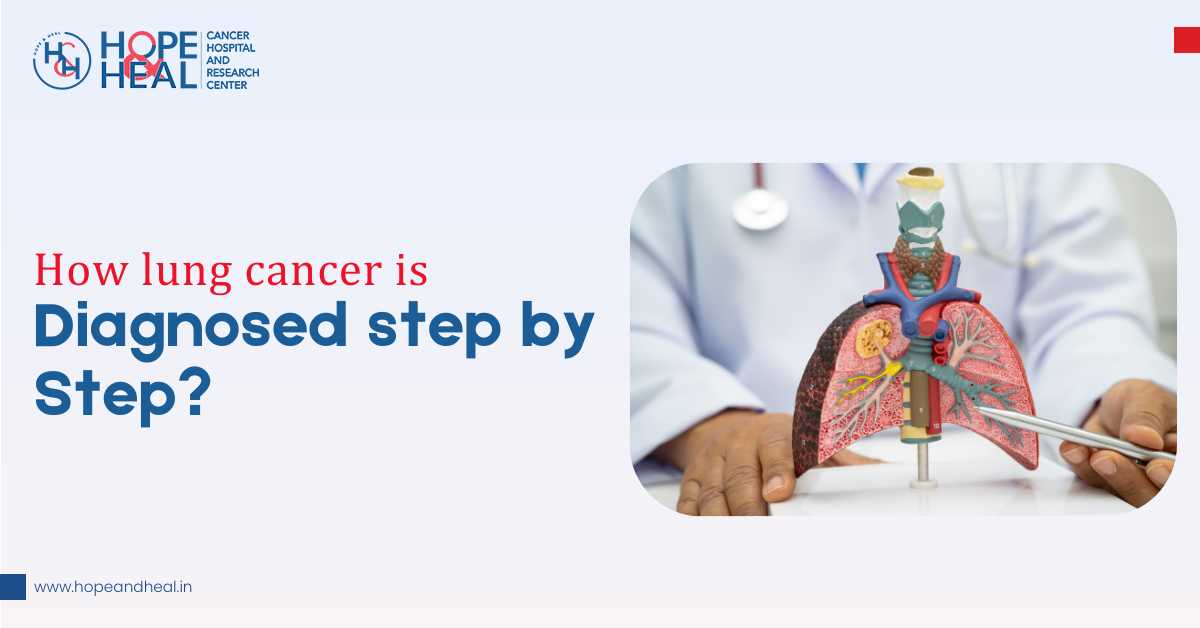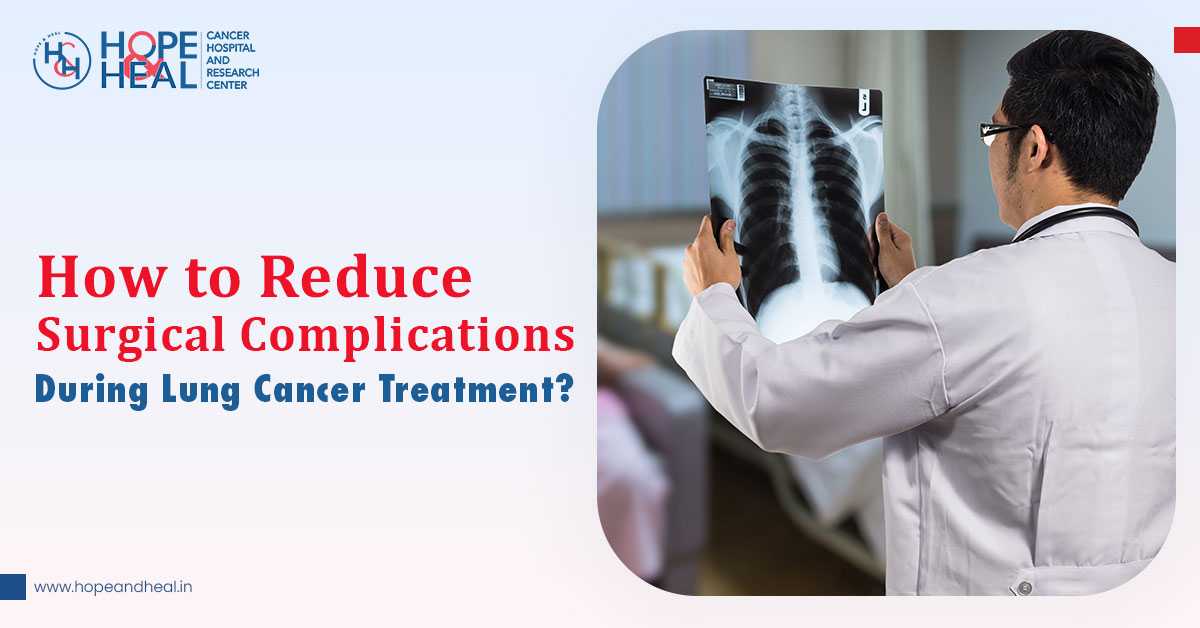1. Cruciferous Vegetables
When diced or chewed, glucosinolates (compounds found in cruciferous vegetables) break down into physiologically active substances like sulforaphane. According to research, sulforaphane and related substances may help deactivate carcinogens (cancer-causing substances).
Also, cruciferous vegetables like kale, cauliflower, broccoli, and cabbage lower oxidative stress, inhibit the development of cancer cells, and cause cancer cell death. When you consume broccoli and other cruciferous vegetables, for instance, has been associated with a decreased risk of colorectal, breast, prostate, and other cancers.
2. Berries
Blueberries, strawberries, and raspberries boast a maximum range of antioxidants, and antioxidants are vital for cancer prevention. Berries are high in fiber and vitamins, including ellagic acid and anthocyanins.
These can support your healthy immunological responses, lessen oxidative damage, and eliminate free radicals. Regular berry eaters are less likely to get several types of digestive system cancer, according to studies.
3. Leafy Green Vegetables
Spinach, Swiss Chard, Kale, etc., are among the top leafy greens that can help prevent cancer. These veggies are rich in fiber, polyphenols, folate, and vitamins A, C, and K, and folate is particularly crucial for DNA repair and healthy cell division.
Plus, these greens include antioxidants that help prevent cell damage. As part of your diet that reduces the risk of cancer, cancer researchers often prescribe them.
4. Whole Grains
Basically, when it comes to fiber, vitamins, minerals, and antioxidants, whole grains, such as brown rice, oats, whole wheat, barley, millet, and others, are superior to refined grains.
Besides improving intestinal health, fiber lowers the risk of colorectal cancer. Again, whole grains slow down the release of sugars, which helps you maintain a healthy weight and lowers insulin spikes. This has been linked in some studies to an increased risk of cancer.
5. Legumes
Beans, lentils, chickpeas, etc., are some of the best examples of legumes that provide you with enough nutrients to protect against cancer and other health concerns.
Protein, fiber, minerals (such as potassium and magnesium), and phytochemicals are all abundant in legumes. Their high fiber content promotes gut health and, by maintaining a healthy digestive system and lowering inflammation, may lower the risk of numerous malignancies, including colorectal cancer.
6. Garlic and Other Allium Vegetables
Research has shown the anti-carcinogenic properties of chemicals found in allium plants. For instance, the allicin found in garlic. Specifically, they could help prevent malignancies/ cancers of the digestive system.
According to a growing body of research, eating a good amount of garlic may lower your chance of developing stomach cancer. Leeks, onions, and garlic are also included in several studies that describe foods that fight cancer.
7. Tomatoes
So, this is another superfood. Lycopene, a potent antioxidant, is abundant in tomatoes. Cooking tomatoes with a small amount of healthy fat, such as olive oil, improves the absorption of lycopene.
A lower risk of prostate cancer and perhaps other malignancies has been associated with lycopene. At the same time, vitamins C, E, and other carotenoids are also found in tomatoes will benefit your overall health.
8. Nuts & Seeds
You must know that nuts and seeds are a really good source of fiber, minerals, phytochemicals, and healthy fats (some include omega-3s). Walnuts, for instance, are frequently mentioned for their anti-cancer properties.
Lignans, which are phytoestrogens found in seeds like flaxseed, may help lower the incidence of hormone-related cancer, such as breast cancer. Make sure you do not overconsume them; eat nuts and seeds in moderation and soaked.
9. Fatty Fish & Omega-3s
Omega-3 fatty acids, which have anti-inflammatory qualities, are rich in fatty fish. And these include salmon, mackerel, and sardines. Did you know that the risk of cancer is associated with chronic inflammation?
According to some research, eating more omega-3 fatty acids may reduce your chance of developing some types of cancer. This may be those that are linked to inflammatory processes. Fish is also a good source of protein and other nutrients, supporting your general well-being besides lowering cancer risk. Your cancer doctor in Siliguri or near you will help guide you on your food choices.
10. Green Tea
The high concentration of polyphenols (such as catechins) in green tea is widely known for its antioxidant properties. Actually, these substances can lessen the chance of developing some malignancies, shield cells from DNA damage, and slow the growth of tumours.
Though the proportions vary, other teas, such as herbal, black, and white teas, also contain beneficial components. Best if you do not add refined sugar while having green tea to ensure getting its benefits.
No single meal or diet may "prevent cancer" entirely, but diet can definitely lower the risk. Especially beneficial are foods high in phytonutrients, fiber, antioxidants, and anti-inflammatory substances.
Various studies back up the ten superfoods listed above as essential components of a healthy diet. Every little step you take every day is vital. Reach out to the leading hospital for guidance and effective cancer treatment in Siliguri at Hope & Heal.




